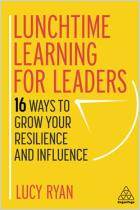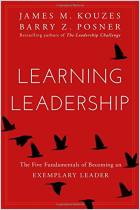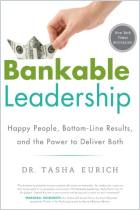When high-level leaders behave in cold-blooded, cruel, or vindictive ways, that ethos dangerously trickles down to society at every level, including the ordinary workplace, writes Joe Davis, managing director and senior partner at the Boston Consulting Group. Employees who remain bruised by the struggles of the pandemic, especially those at lower income levels, are now aware that they have choices about where they work and under what circumstances. Today, leaders in politics or business must practice compassion and empathy to form genuine connections with the people they lead. Davis offers both a solid leadership philosophy and a practical guide to becoming a generous leader.
Become a “generous leader.”
Traditionally, leadership is top-down and derives from deliverables. The work each company counts as a deliverable depends on the organization and its goals. For example, corporations seek to maximize shareholder returns. Governments aspire to enable growth and prosperity. Charitable organizations strive to increase fundraising, so they can fulfill their philanthropic purposes. Under the transactional leadership model, leaders push to reach the top of their sector with excellent products or services and a ruthless focus on efficiency and profit.
The new, emergent form of “generous leadership” doesn’t have anything to do with economic generosity. Generous leaders seek to benefit and develop the people who work for them. Such a development might enable someone to get a promotion or find a new career direction. Generous leaders promote their employees’ personal and professional growth, seeking to benefit them and their organization honestly and transparently.
Connecting by communicating.
Communicate with your employees and colleagues. People in a business...

















Comment on this summary or Start Discussion